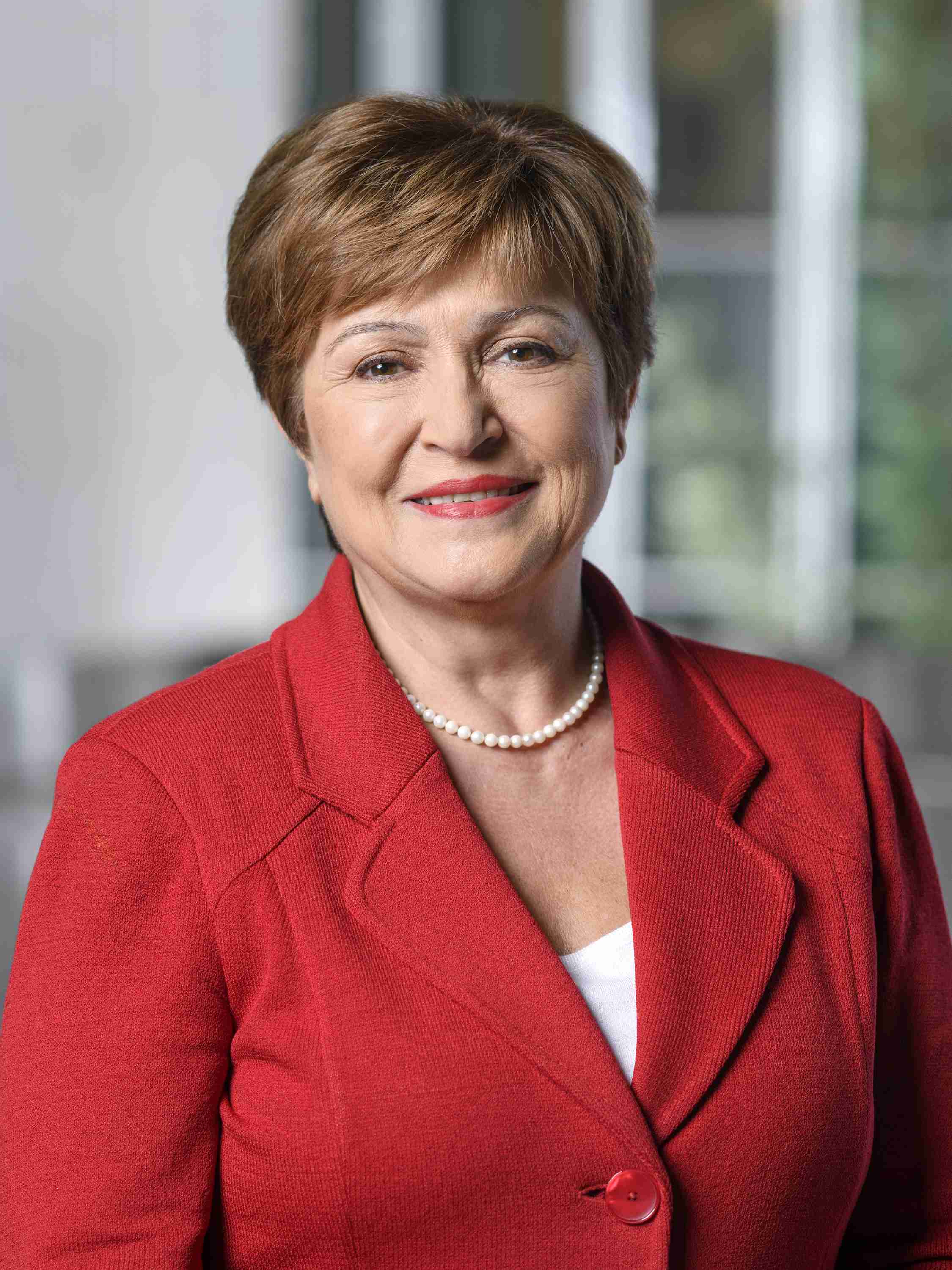Managing Director Georgieva's Opening Remarks at the Sudan Conference's Plenary Session on "Delivering on Economic Promises and Moving Towards Sudanese Debt Forgiveness"

Merci beaucoup, Monsieur le President.
I would like to thank President Macron for hosting this historic event to mark Sudan’s reintegration into the international community.
We are here because of the extraordinary efforts of the people and the government of Sudan — with women and the youth at the forefront.
They embarked on a new development path with incredible speed. And despite the challenges brought about by the pandemic, we have seen important advancements in many areas.
In particular, we have seen very good movement toward the HIPC Decision Point, which will deliver much needed debt relief to Sudan from multilateral and bilateral creditors.
First, Sudan has made sustained progress under the IMF Staff Monitored Program and looks set to establish a 6-month track record of satisfactory performance.
The Sudanese authorities have unified the exchange rate, and freed-up important resources for social spending by cutting unaffordable and regressive subsidies. They have approved key laws and regulations to boost governance and the business climate. Growth is expected to turn positive in 2021. But the macroeconomic situation remains challenging as inflation remains very high and the external position weak — this is why mobilizing support for Sudan is so important.
Second, the government has produced a comprehensive three-year poverty reduction strategy. Implementation is already underway. For example, the Sudan Family Support Program has already provided support to 80,000 households.
Third, Sudan has cleared its arrears with the World Bank and the African Development Bank with bridge financing from the United States and the United Kingdom.
Fourth, with the help of our the IMF and the World Bank, Sudan has made significant progress in reconciling debt numbers with creditors.
Fifth, there is strong momentum to clear Sudan's arrears to the IMF and finance the IMF’s share of HIPC debt relief. This is a major undertaking, as Sudan has been the country the longest in arrears to the Fund and with the largest amount.
On May 10, the Executive Board of the IMF approved a financing plan of about $1.4 billion to mobilize the necessary resources. This plan relies on a broad effort of IMF member countries.
And France committed to provide bridge financing for this operation, for which I’m deeply grateful.
It is now urgent to complete this crucial piece of the puzzle by June 30, as we had planned. Meeting this deadline is particularly important as it would allow Sudan to get full benefit of the new SDR allocation that the Fund membership will formally consider soon.
What does this require? Two elements: first, IMF member countries to convert their informal pledges into formal commitments; and, second, securing additional cash grants to fill a residual financing gap of $36 million
So just last week, I sent letters to all IMF members urging them to make a formal pledge as soon as possible. I thank the countries, including fourteen low-income countries, that have already responded to my letter. I urge those who have not yet done so to please send a formal response by June 14.
I am confident that us all pulling together will deliver to the people of Sudan what they aspire for — an inclusive society, a vibrant economy and a brighter future.
Thank you.

